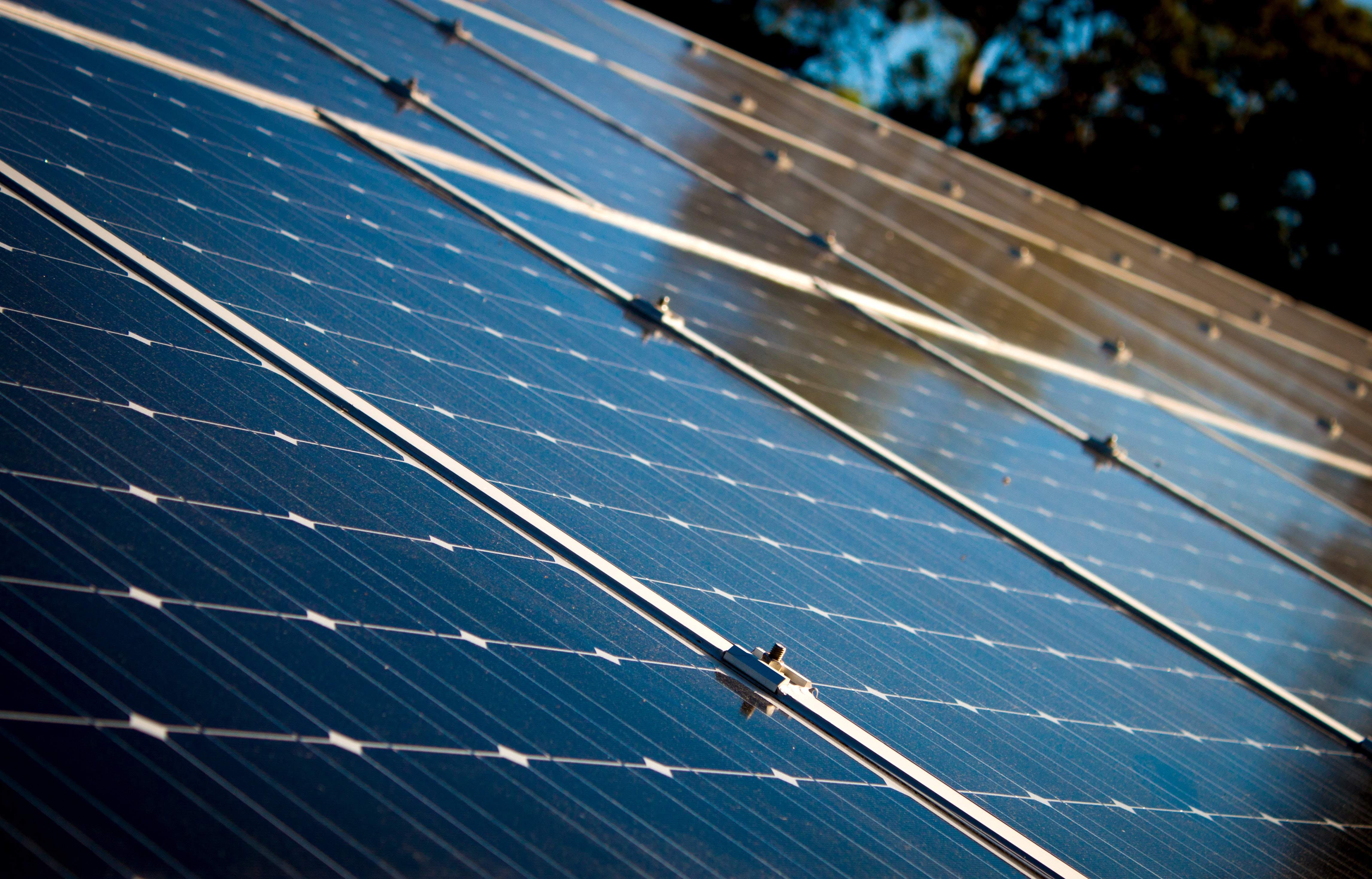Renewable energy sources are predicted to account for 80% of global electricity production by 2050, while oil will fall out of favour and energy demand will be split equally between fossil and non fossil fuels, according to a new report

Global electricity is set to become one of the world’s cleanest energy sources – with renewables predicted to power 80% of its production by 2050, according to a new report.
The primary contributors to this will be solar (40%) and wind (29%) power, as electricity’s share of worldwide energy demand will almost double to 45%, according to the Energy Transition Outlook 2018 study.
The main drivers for this growth will be the electrification of transport, buildings and manufacturing, says its author, the Norwegian clean energy classification body DNV GL.
President and CEO Remi Eriksen said: “There are many signs that the energy industry is on the brink of profound change.
“Globally, policy developments, despite some notable exceptions, continue to favour renewables technology.
“Last year, new renewable power capacity additions were more than double the new power capacity additions from fossil fuels.
“And in capital markets, a reallocation of funds towards cleaner technology is underway.”

Global electricity demand to soar while oil and fossil-fuels dip
Other findings from the report suggest that the increase in the efficiency with which we produce and use energy will mean the world will need less of it by the 2030s, with its worldwide use predicted to start falling from 2032 onward.
Oslo-based DNV GL also argues that the global energy system will gradually decarbonise as we head to the mid-point of the 21st century, anticipating an equal split between fossil and non-fossil fuel sources by 2050.
Oil demand is expected to peak during the 2020s, with natural gas predicted to take over as the world’s primary energy source by 2026, with no new oil fields to be required past 2040.
DNV GL chief executive Ditlev Engel added: “The Energy Transition Outlook has some very encouraging findings, and the good news is that the energy transition is achievable and affordable.
“However, the rapid transition we are predicting is still not fast enough to achieve the goal of the Paris Climate Agreement.
“If we are to decarbonise the world’s energy system at the required speed, we need to adapt and automate our electricity grids, and regulators and politicians will need to re-think, re-shape and take major policy decisions about market models.”


